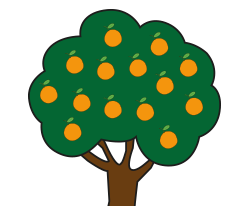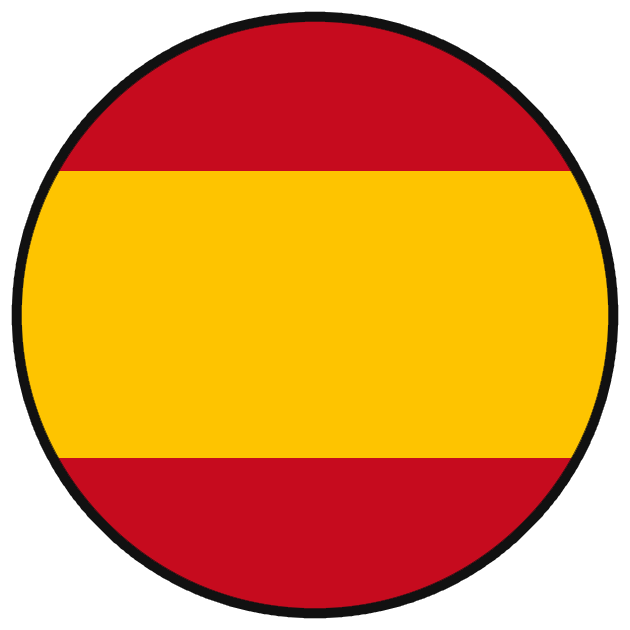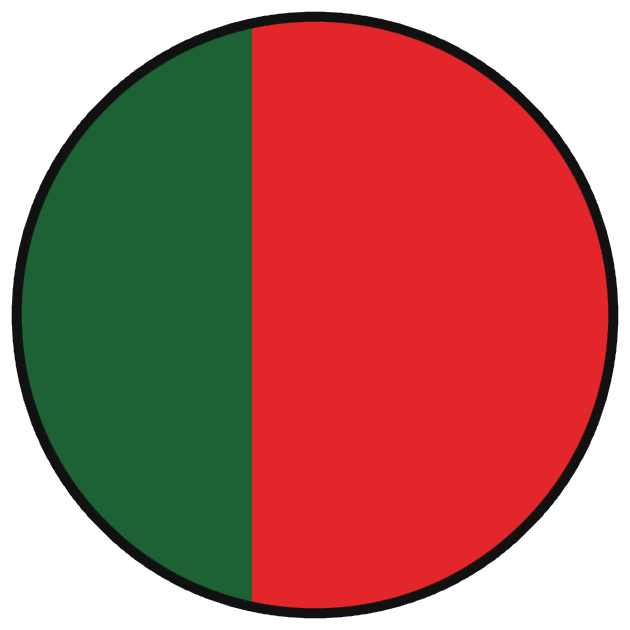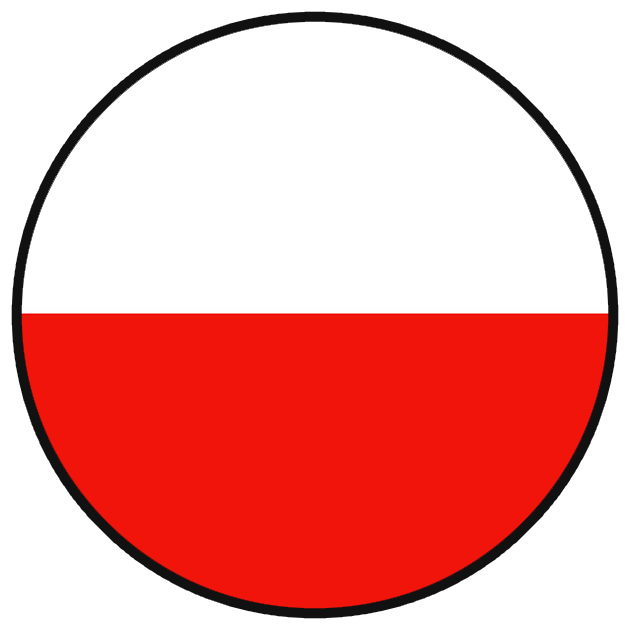What are the Current Challenges in Farming and Which Role does Naranjas del Carmen play in the Future of Agriculture?
By the end of June we were at the Future of Food Summit in London, organized by ReWork. What does the future hold for our food consumption and farming in particular? We met new people and got to know very interesting and exciting business ideas. Those are some topics we could talk about. As they contain some basic ideas of the business model of Naranjas del Carmen, we would like to share them with you.
- The Importance of Community For Fighting Food Waste
One of the biggest challenges we have accepted at Naranjas del Carmen is to fight together with our clients one of the most important problems our society is facing right now: food waste. Annually, we are throwing away 1.3 billion tons of edible food across the globe, which represents one third of the total production. Looking at the UK in particular, we are talking about 7 million tons per year. Of course, the reasons leading to these incredible numbers are multiple and often interrelated. However, one of the most important points is definitely the alienation of the consumer from the cultivation process. Buying fruits and vegetables has become most of the time a completely anonymous process: you go to the supermarket and chose the products you like the most, depending on how they look like and on how they are presented. You have no idea about the persons who are standing at the other end of the supply chain, the efforts they invest to grow the tomatoes and oranges and the challenges they are confronted with on a daily basis. As a result, it is not surprising that you do not establish a more personal or even emotional connection to your food and treat it as just another object you can throw away when not needed anymore. This, however, changes if you become an active part of the whole cultivation process and if the food comes from your own garden – in this case your virtual garden.
Crowdfarming® establishes a relationship between the consumer and the farmer and turns the customer into a farmer 2.0. We continuously inform our clients about the maturity state of their fruits or keep them updated when we have to struggle with bad weather in Valencia. The new media give us the possibility to do so. Moreover, we harvest only what our clients consume and cultivate solely for their needs and not based on what the retailers are demanding. Thereby, we take away their power and avoid waste in the intermediary stages. At any time, the virtual garden can be turned into a real one: Our clients are welcome to visit in Valencia. Furthermore, we are not only delivering our oranges to private households. Businesses can also be found among our clients. This of course, extents our network and the circle of people included in the fight against food waste becomes multilayered. Reducing food waste can only be successfully achieved in a strong community.
Establishing a community and personal contact between the farmers and the consumers, may that be the way we do it or by just going to your local farmer to buy at his farmer’s shop or at a local farmer’s market, is crucial for the the future of a fair and sustainable agriculture, empowering both the farmer and the customer again. The new technologies do not bind us to borders anymore – the Spanish farmer can be turned into the farmer next door.
- What are the biggest challenges of today’s farmers?
European farmers are confronted with a variety of challenges. One of them is definitely the low profit margin resulting from the steadily declining prices the consumers have to pay and on the other side the increasing investment that has to be made into equipment and infrastructures. Farmers are also confronted with international competition that additionally puts pressure on prices. The mass cultivation and monocultures resulting out of that harm the quality of the soil by exploiting its nutrients and this, in turn, harms the quality of the fruits and vegetables. Farmers are often captured in a vicious circle. Related to the aforementioned problem are the high power the retailers and intermediaries have and the high standards they have established, making perfectly edible food go directly into the bin. Hence, before the fruits and vegetables have reached the consumer, around 58% are already thrown away. This shows that not only the consumers are alienated form the cultivation process, and hence do not value food enough, also the retailers are too far away from the effort and the daily challenges farmers are struggling with. Going further, farmers and beekeepers have to cope with new and unknown parasites and pests. Above all, when cultivating under high ecological standards it is not easy to fight them effectively. One example is the bee parasite varroa. Finally, climate change and weather conditions are still factors leaving farmers powerless sometimes. The weather conditions become increasingly unforeseeable and the climate change make adaptations of cultivation processes necessary, switching to other varieties or needing an additional amount of water.
- What does the future for farmers hold?
Consumers are increasingly taking into account environmentally and socially responsible business practices – above all when buying their food. Hence, in the future farmers will increasingly be forced to take these claims into account. Not only the clients, also the state of our environment demands a more sustainable approach to agriculture. Adapting conventional cultivation processes to sustainable standards will certainly be an important factor for farmers of the future. Concerning this, it can also be assumed that consumers want to know who has cultivated their food, how and where it has been grown. It can be estimated that our society is going back to one of the oldest and most traditional forms of consumption: buying directly from the farmer. The farmer and the consumer form a community and become empowered again. The whole supply chain becomes more transparent and it is now the turn of the farmer to become a brand and relate with his client. Through the new media and technologies the farmer cultivating hundreds of kilometers away becomes local and sells his products directly to the consumer. Finally, modern technologies are of course entering into the daily business of the farmes. Yet, we believe that these new technologies should only support the mannual work of the farmers instead of replacing it. Agriculture needs to turn into a sector again, where people find jobs and love to work for.





 My account
My account 


































